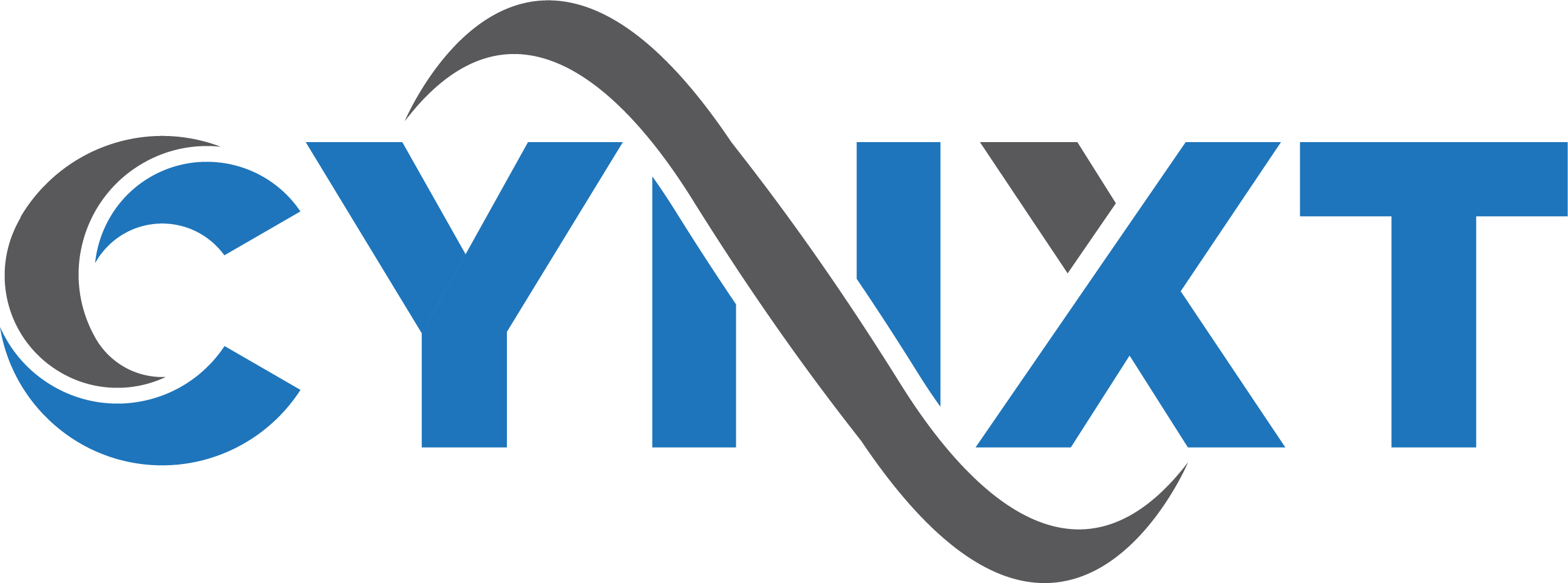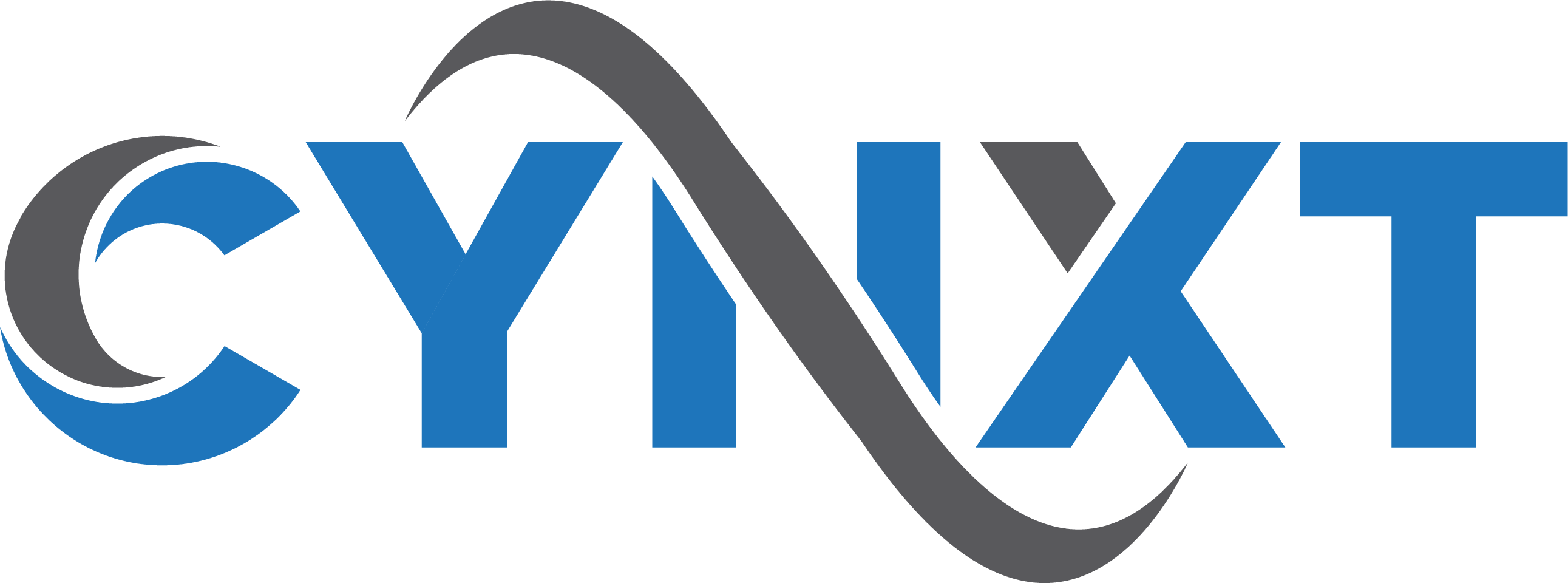Browser extensions, as prevalent as smartphone apps, often see users downloading many but frequently using just a few. Google Chrome’s platform alone boasts over 176,000 extensions, providing users with enhanced functionality and customization options. These tools can significantly improve the browsing experience by adding useful features and personal touches.
However, the convenience of browser extensions comes with potential downsides, particularly concerning online security and privacy. This article delves into the risks associated with using browser extensions. We aim to highlight the potential threats they pose and offer practical advice on how to fortify your online presence against these risks.
The Allure and Perils of Browser Extensions
Browser extensions are celebrated for their adaptability and convenience in enhancing online security, serving as add-ons that boost web browser functionality and introduce customizable features. These extensions range from ad blockers and password managers to tools that boost productivity, providing a wide array of options for users.
However, the ease of installing these extensions can also be a vulnerability, introducing inherent security risks to online security. In the following discussion, we will examine the potential dangers associated with browser extensions, underlining the critical need to balance their benefits with the potential threats they pose to online security.
Key Risks Posed by Browser Extensions
Privacy Intrusions
Numerous browser extensions require extensive permissions which, if misused, can endanger user privacy. These permissions might allow the extensions to access browsing history or monitor keystrokes, sometimes extending beyond their necessary scope, leading to the collection of sensitive data without authorization. Users frequently approve these permissions without proper examination, inadvertently risking their personal information to potential exploitation.
Malicious Intent
Numerous extensions are created with good intentions, aiming to enhance online security and user experience. However, some contain malicious code designed to exploit users for financial gain or other nefarious objectives. Such rogue extensions can inject intrusive ads, track user activities, or even deliver malware, compromising online security.
These malicious extensions frequently employ deceptive tactics, complicating the task for users to differentiate between trustworthy and harmful software. This situation poses a significant challenge to maintaining online security and protecting user data.
Outdated or Abandoned Extensions
Extensions that are no longer maintained or updated represent a considerable threat to online security. These outdated extensions often harbor unresolved vulnerabilities that hackers can exploit to access a user’s browser and potentially compromise their entire system. The lack of regular updates and security patches turns these extensions into a significant liability for maintaining robust online security.
Phishing and Social Engineering
Malicious extensions can pose serious threats to online security by conducting phishing attacks and employing social engineering tactics. These deceptive methods can fool users into revealing sensitive information, compromising their online security.
Such extensions often create fake login pages or mimic well-known websites, leading unsuspecting individuals to inadvertently disclose sensitive data, including usernames, passwords, or other confidential information. This manipulation directly undermines online security and the protection of personal data.
Browser Performance Impact
Some extensions may detrimentally affect browser performance, often due to substandard coding or the inclusion of superfluous features. This can lead to a degraded user experience, characterized by system slowdowns, crashes, or freezing. While the apparent advantages of an extension might initially appeal to users, they may unknowingly compromise their system’s performance in the process.
Mitigating the Risks: Best Practices for Browser Extension Security
1. Stick to Official Marketplaces
Download extensions only from official browser marketplaces. Such as those connected with the browser developer (Google, Microsoft, etc.). These platforms have stringent security measures in place. This reduces the likelihood of encountering malicious software.
2. Review Permissions Carefully
Before installing any extension, carefully review the permissions it requests. Be cautious if an extension seeks access to unusual data. Such as data that seems unrelated to its core functionality. Limit permissions to only what is essential for the extension’s intended purpose.
3. Keep Extensions Updated
Regularly update your browser extensions. This ensures you have the latest security patches. Developers release updates to address vulnerabilities and enhance security. If an extension is no longer receiving updates, consider finding an alternative.
4. Limit the Number of Extensions
It’s tempting to install several extensions for various functionalities. But each added extension increases the potential attack surface. Only install extensions that are genuinely needed. Regularly review and uninstall those that are no longer in use.
5. Use Security Software
Use reputable antivirus and anti-malware software. This adds an extra layer of protection against malicious extensions. These tools can detect and remove threats that may bypass browser security.
6. Educate Yourself
Stay informed about the potential risks associated with browser extensions. Understand the permissions you grant. Be aware of the types of threats that can arise from malicious software. Education is a powerful tool in mitigating security risks.
7. Report Suspicious Extensions
If you encounter a suspicious extension, report it. You should report it to the official browser extension marketplace and your IT team. This proactive step helps browser developers take prompt action. That action protects users from potential threats.
8. Regularly Audit Your Extensions
Conduct regular audits of the extensions installed on your browser. Remove any that are unnecessary or pose potential security risks. Maintain a lean and secure browsing environment. This is a key aspect of online security.
Contact Us for Help with Online Security
Browser extensions represent just one of the potential threats to your network that you or your employees might inadvertently enable. Online security is complex, encompassing defenses against phishing, endpoint threats, and more. It’s crucial to understand the strengths and weaknesses of your cybersecurity.
Don’t remain unaware of your security posture. We’re here to evaluate your cybersecurity strategies and suggest proactive measures for enhanced protection. Need IT assistance? Cynxt is at your service! We offer IT Solutions designed to give you peace of mind. Contact Us today or call (256) 456-5858 to arrange a meeting. Find us at the Shoals Business Incubator in Florence, AL, and let us ensure your digital environment operates seamlessly!
Cynxt Service Areas:
We proudly serve businesses in the following areas and surrounding cities. Click here to view the full list. Remote support is also available for businesses anywhere.
North Alabama:
- Florence
- Muscle Shoals
- Russellville
- Athens
- Decatur
- Huntsville
Middle Tennessee:
- Franklin
- Columbia
- Lawrenceburg
- Pulaski
About Us:
With over 18 years of IT experience, Cynxt IT Services delivers enterprise-level solutions tailored to small and medium-sized businesses. As a trusted Managed Service Provider (MSP), we’re dedicated to supporting your growth with reliable, expert IT services and unmatched customer care.
Services:
Explore our wide range of IT Services. Learn more about how we can help with your IT needs. Not finding the service you’re looking for? Contact Us to discuss custom solutions.
- Managed IT Services
- Hourly IT Support
- Cybersecurity
- Cloud Services
- Networking
- Network Cabling
- IT Consulting





